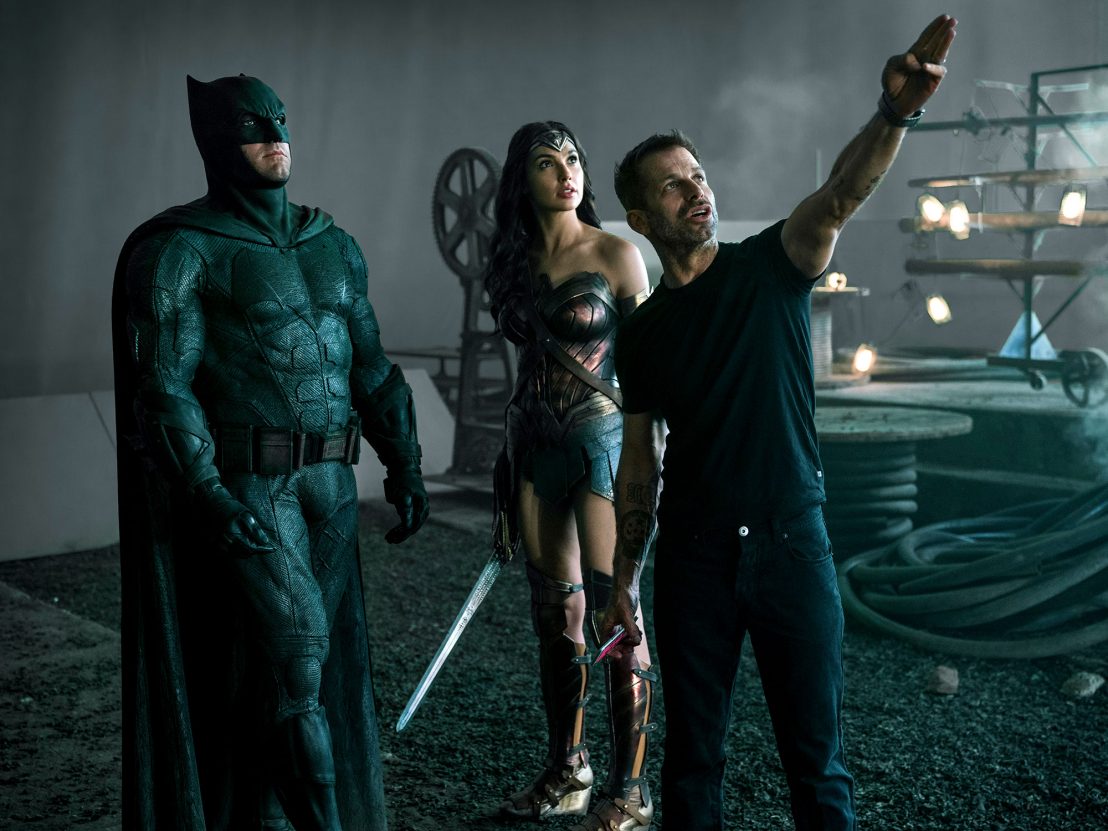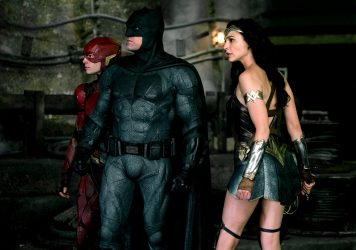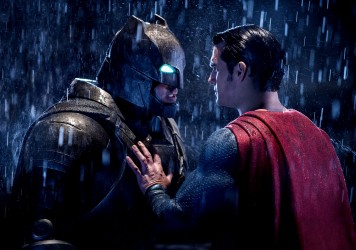
The DC Cinematic Universe is no stranger to fan petitions. When Ben Affleck was controversially cast as Batman in 2013, one change.org appeal demanding his removal received close to 100,000 signatures. Three films into his tenure, fans are mobilising for a different reason. Justice League’s poor reception has led to another petition, this time calling for Warner Bros to release Zack Snyder’s intended cut of the film (at the time of writing it is tantalisingly close to 150,000 signatures). Call it wishful thinking, call it mob justice, but fans seem convinced that the director’s intended vision for this superhero pile up will right any perceived wrongs.
It’s certainly an attractive notion, that on some dusty shelf (or hard drive) sits a different version of a film that would likely change the way you see it. Such thinking seems particularly apt for modern Hollywood, given the amount of times a major blockbuster has undergone expensive reshoots or else been overhauled in the editing room. While Justice League’s changes were at least partly due to circumstance (Snyder left the film due to a personal tragedy), Suicide Squad is rumoured to have been heavily re-edited when the dour tone of Batman v Superman failed to strike a chord with audiences. Rogue One enlisted Tony Gilroy’s services for its reshoots, as well as giving him equal say over the final cut. Fragments of Gareth Edwards’ original version remain in the trailers, while anecdotal evidence can only hint at what audiences might otherwise have seen.
The gold standard for this cinematic phenomenon is, of course, Blade Runner. The 1989 Director’s Cut solved many of the issues that people had with the theatrical version, although Ridley Scott only secured complete artistic control on 2008’s Final Cut. Different edits have led to a fluid interpretation of the film – you can choose the cut that you find most satisfying, or take them all in for a wider understanding. Before that, Terry Gilliam fought hard to have his international cut of Brazil released in the US instead of Universal’s more audience-friendly edit, even going so far as to screen the film without the studio’s consent.
Hidden treasures such as these are the stuff of nerdvana, with many a fallen blockbuster having been salvaged this way, particularly since the advent of DVD. Scott repeated his Blade Runner feat with Kingdom of Heaven, where 45 minutes of additional footage turned a muddled flop into a modern epic. Richard Donner rewrote history with his version of Superman II, a home entertainment release that incorporated his original script and much of the ‘lost footage’ he shot before being replaced as director of the film. Peter Jackson shot scenes specifically for the Extended Versions of his Lord of the Rings trilogy, allowing hardcore fans to enjoy a combined 125 extra minutes of Middle Earth frolics, which fit seamlessly into the film’s structure.
Talk of alternative cuts will always fuel the curiosity of film enthusiasts, but things don’t always work out positively. Extended Cuts of BvS, Suicide Squad and 2003’s Daredevil did little to elevate their respective legacies. Indeed, too much tinkering can have a detrimental effect, sometimes proving that directors aren’t always the best people to trust. The horrors of the 1997 Star Wars Special Editions turned George Lucas from geek god to dark lord, with Greedo shooting first and a hideous CGI Jabba desecrating the original saga, and marking one of the few occasions when an alternative cut becomes more readily available than the theatrical version. Lucas’ friend Francis Ford Coppola mortgaged his own history with The Godfather Saga, a chronological re-editing of his Godfather trilogy for TV that was essentially a cash grab, while Walter Hill’s comic book style cut of The Warriors is similarly baffling.
Directors hold a romantic place in the hearts of movie fans because we feel more comfortable believing that what we’re watching is the direct projection of an artist’s imagination. You’re unlikely to ever find a film poster bearing the tagline ‘from the corporate executives that brought you The Force Awakens’. Like high-profile sports coaches, fans need someone to herald or blame for their favourite movies, and the thought of studios withholding the truth from us will always lead to speculation. Yet transformative cuts like Kingdom of Heaven or Blade Runner are exceptions to the rule. More often than not a film’s quality is determined during production, and no amount of scene tweaking can alter the proof that’s revealed when the curtain comes up.
Published 2 Dec 2017

After an unpredictable summer movie season, original stories are suddenly back in demand.

The latest film off the DC production line sees Batman and co team up to fight an ancient evil force, with underwhelming results.

By Tom Bond
It’s become increasingly rare for films like Batman V Supeman: Dawn of Justice to live up to expectations.